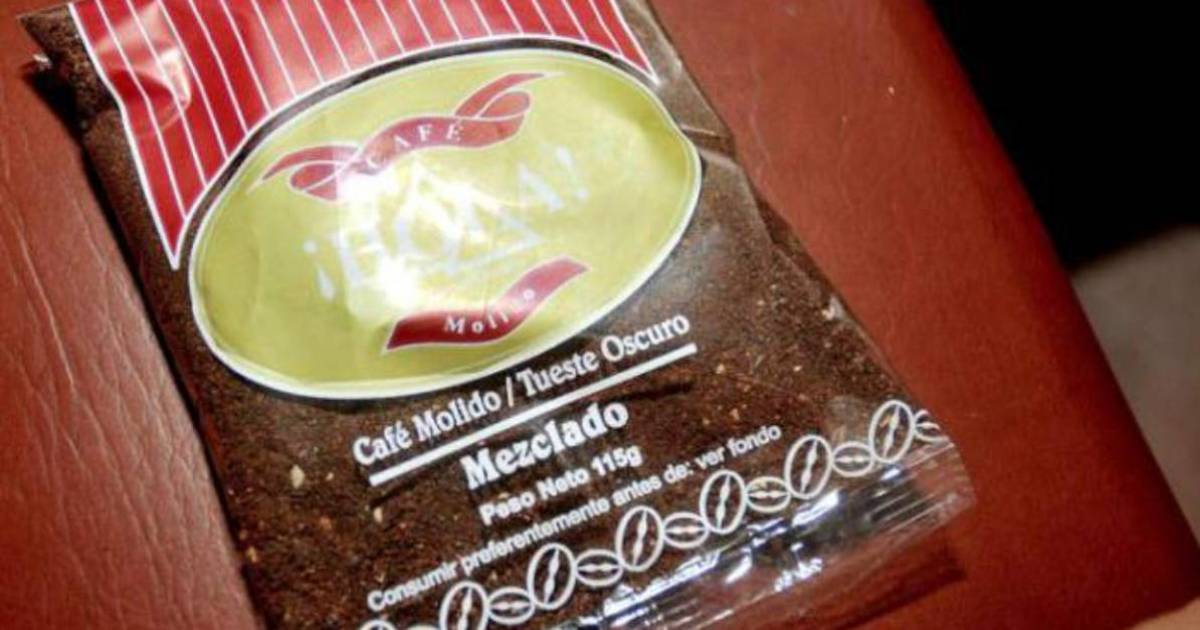The quality of state-distributed coffee in Cuba, a staple in the country's family basket, has once again sparked public debate. Consumers have flooded social media with complaints, claiming the coffee "tastes like gofio" and causes digestive issues. In response, the Provincial Government of People's Power in Matanzas shared details on Facebook from the Matanzas Coffee Roasting Company, insisting that the product adheres to established standards.
Taymí Pereira López, the chief quality specialist, informed the provincial newspaper Girón that the coffee produced by the plant undergoes a stringent analysis process. This includes tests for granularity, moisture content, and brewing pressure. She emphasized that the 49.7 tons produced in December, supplemented by an additional 18 tons from Villa Clara, Sancti Spíritus, and Havana, meet the requirements to supply the 698 stores in Matanzas province.
Despite these assurances, criticism on social media remains rampant. Facebook user Leticia Tejera voiced that the coffee "tastes like burnt gofio" and "causes digestive problems." She added that it requires filtering to remove husk residues and can potentially damage coffee makers. Furthermore, she noted a decline in product quality over the years and frequent failures to meet rationed deliveries, particularly in rural areas.
The roasting company acknowledges operational challenges, citing that coffee quality is also impacted by the available raw materials and outdated equipment, which complicate production processes. Consumer complaints about the quality and quantity of rationed coffee underscore the broader economic and social challenges facing the nation. This product, a fundamental part of Cuban culture, seems increasingly unable to meet the population's expectations.
Concerns Surrounding Cuban State-Distributed Coffee
What are the main consumer complaints about the Cuban coffee?
Consumers are mainly complaining that the coffee "tastes like gofio" and causes digestive issues. Additionally, the quality is said to have decreased over the years, and there are frequent issues with the delivery of rationed coffee.
How does the government justify the quality of the coffee?
The government claims that the coffee meets established standards, citing a rigorous analysis process that includes granularity, moisture, and brewing pressure tests. They also highlight the efforts to produce sufficient quantities to supply local stores.
What challenges do coffee producers face in Cuba?
Producers face operational difficulties, with coffee quality affected by the raw materials available and the outdated equipment used in production, complicating the manufacturing processes.
